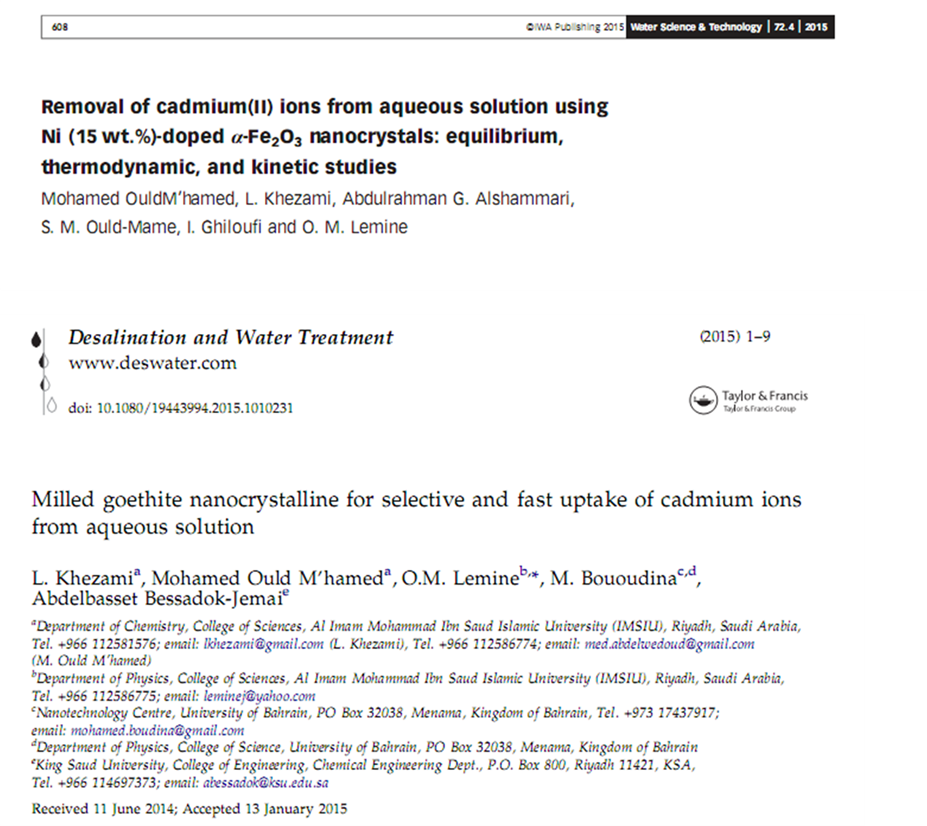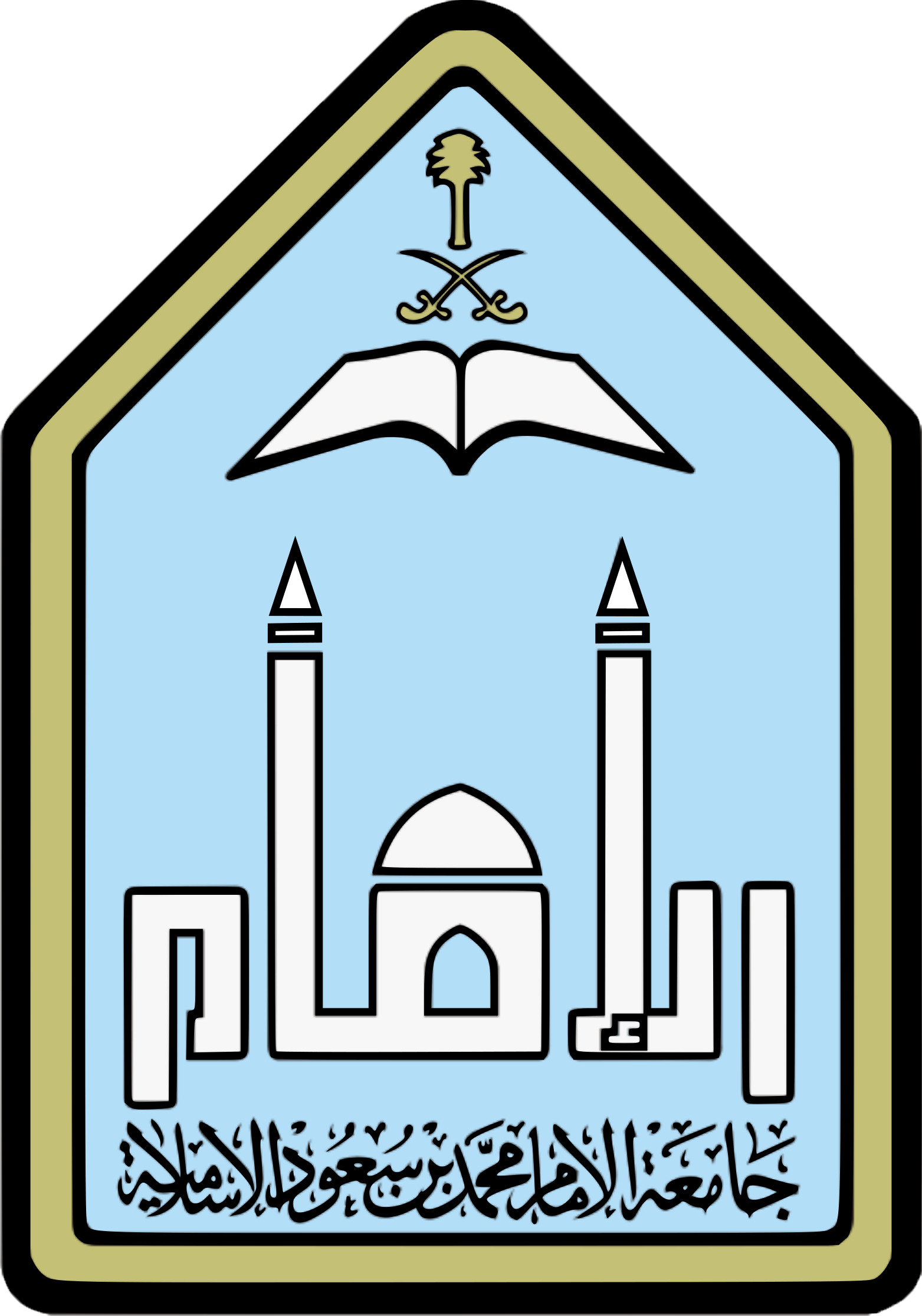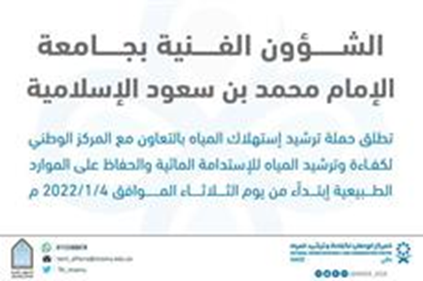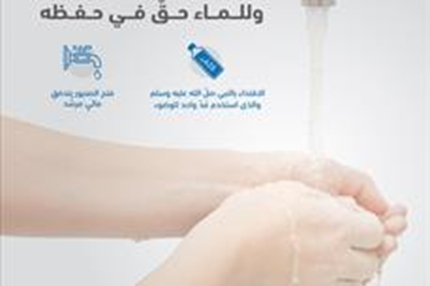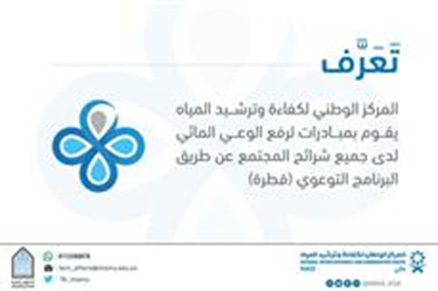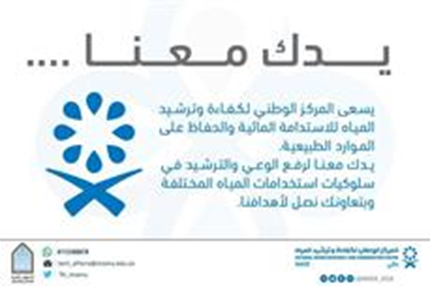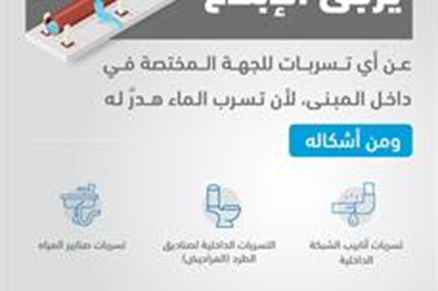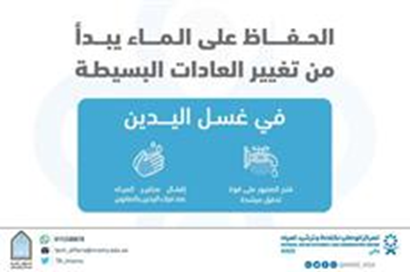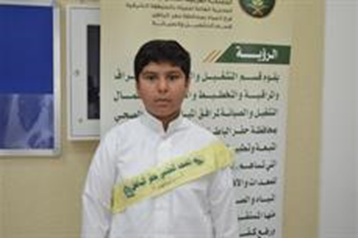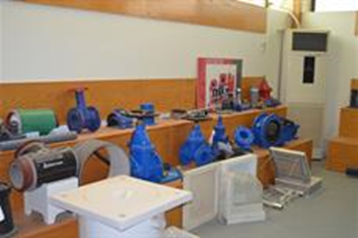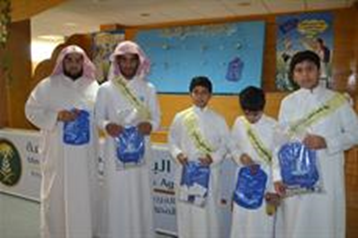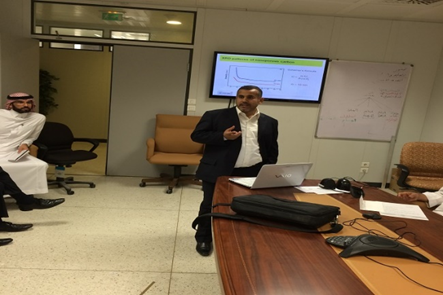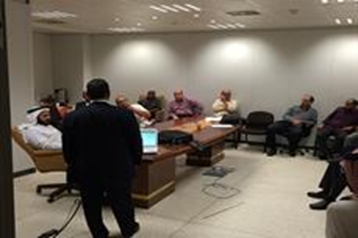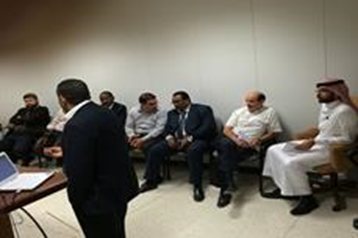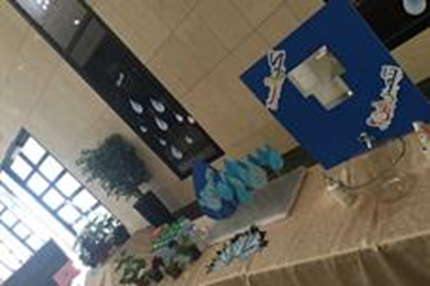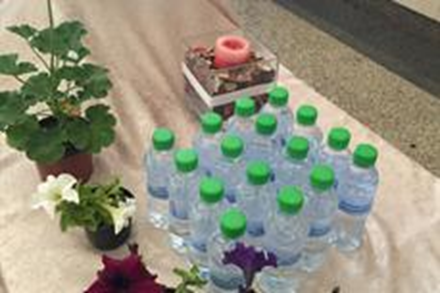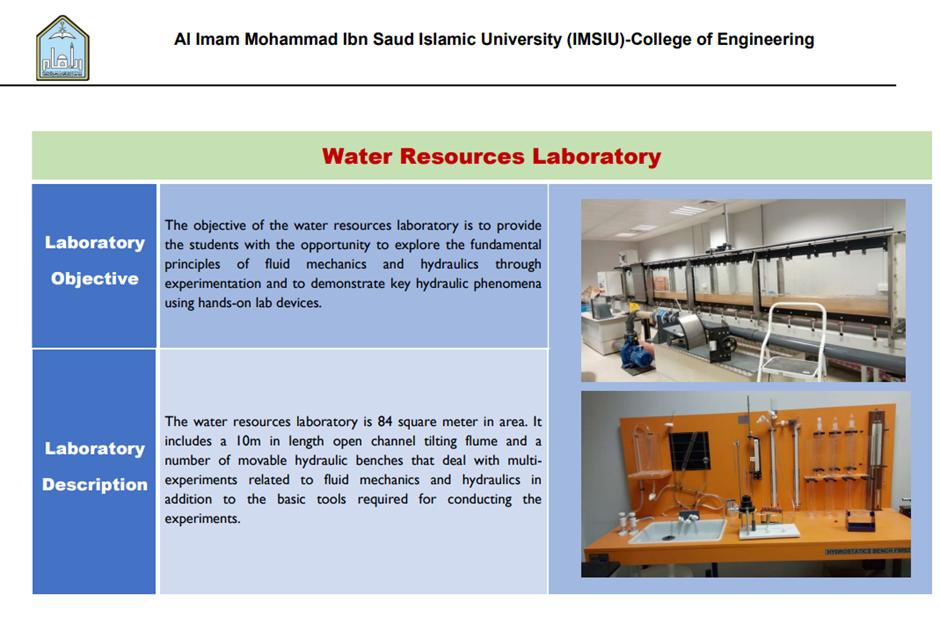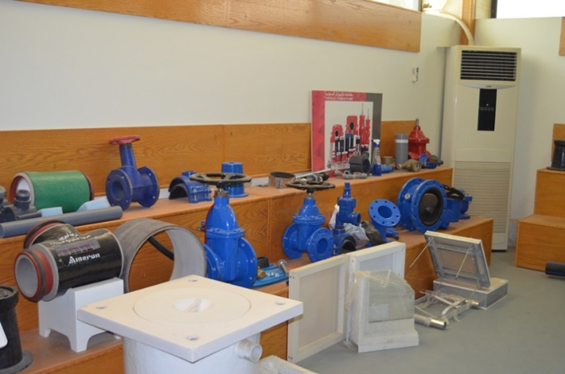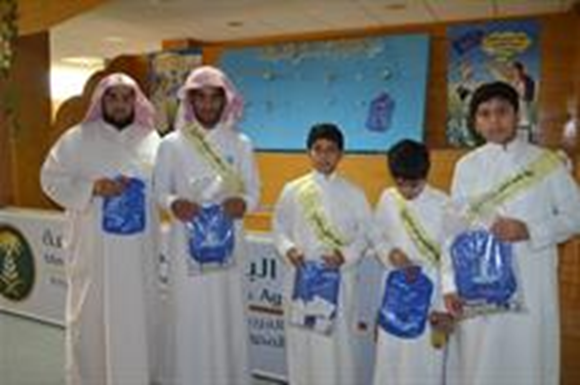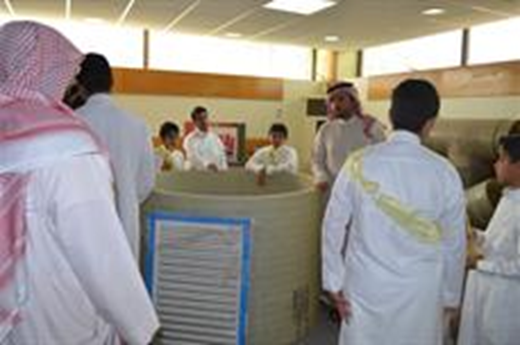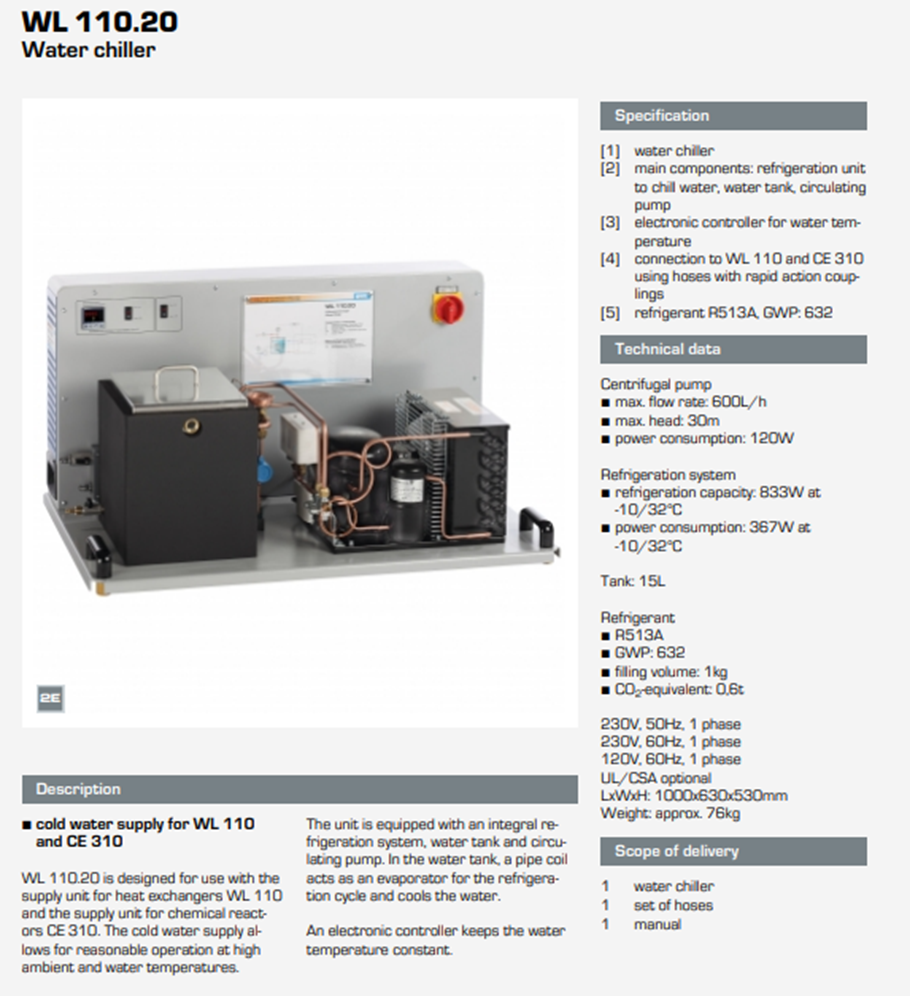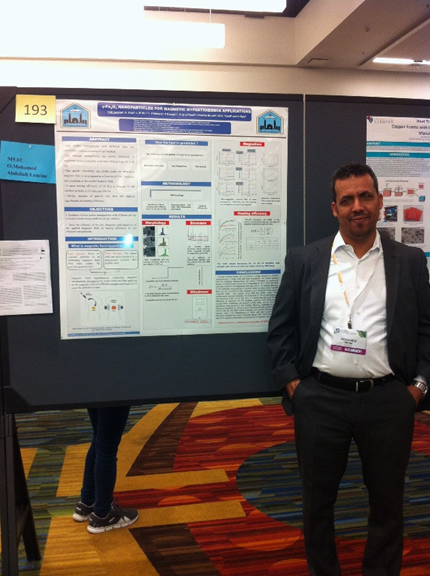Introduction
Sustainable Development Goal (SDG 6 or Global Goal 6) refers to clean water and sanitation the aim of the goal6 is sustainable management of water resources and access to safe water and sanitation are essential for unlocking economic growth and productivity, and provide significant leverage for existing investments in health and education. The natural environment e.g. forests, soils and wetlands contributes to management and regulation of water availability and water quality, strengthening the resilience of watersheds and complementing investments in physical infrastructure and institutional and regulatory arrangements for water access, use and disaster preparedness. Water shortages undercut food security and the incomes of rural farmers while improving water management makes national economies, the agriculture and food sectors more resilient to rainfall variability and able to fulfil the needs of growing population. Protecting and restoring water-related ecosystems and their biodiversity can ensure water purification and water quality standards.
The Kingdom of Saudi Arabia has made significant investments in water desalination and sanitation, and is witnessing remarkable progress in its ongoing government support. Water and wastewater projects are working rapidly to achieve sustainable environmental development in line with National Transition 2020 and Vision 2030. The Kingdom is also the world leader in desalinated water production with 16.5% of world production.
Initiatives of the Kingdom of Saudi Arabia to produce clean water and ensure general sanitation
Ministry of Environment, Agriculture and Water.
Implementation of 508 water dams with combined storage capacity of 2.2 billion cubic meters.
The initiative to promote the sources of surface water by establishing 1,000 dams.
The National Program for Aquaculture aimed at developing the fisheries sector in the Kingdom.
The Technical Affairs represented by the Information and Communication Unit launches the campaign to rationalize water consumption in cooperation with the National Center for Water Efficiency and Rationalization for Water Sustainability and Conservation of Natural Resources starting on Tuesday, 4/1/2020 through various communication channels Twitter, the official website of technical affairs and displays within the university facilities.
A student delegation from the Institute visited the branch of the Ministry of Water in Hafr Al-Batin as part of the activities of the ninth activity week (and do not waste) and everyone listened to the representative of the branch and learned about the method of establishing the water network and ways to rationalize water consumption through the devices provided by the Ministry to consumers, and the delegation visited the exhibition prepared for this in the branch of the Ministry of Water.
In its third activity for this semester, the Scientific Committee of the Department of Physics organized a scientific symposium (Seminar) at exactly eleven o'clock in the morning on Tuesday, 3 Safar 1436 AH corresponding to November 25, 2014, where the scientific symposium was entitled:
"The use of nanomaterials in the treatment of contaminated water"
Kindly present the seminar to the Associate Professor of the Department, Dr. Imad Omar Mohammed Al-Ghailovy.
At the beginning of his speech, the speaker touched on the methods used to treat contaminated water, which in turn results from factories and residential neighborhoods, and also referred to the sources and dangers of heavy metals to human health and the methods used to dispose of them inside contaminated water.
In the second part of this presentation, Dr. Imad Omar Mohammed Al-Ghiloufi talked about the manufacture and analysis of nanomaterials that have been used to treat contaminated water, where these nanomaterials consist of nanocarbon, nanoresin, and metal oxides. In conclusion, the speaker presented the most important results obtained by using nanomaterials to absorb heavy metals from contaminated water.
On the other hand, the Scientific Committee of the Department of Physics indicated that these scientific seminars it offers are open to all university employees, including faculty members and students, and aim to spread the culture of scientific research, motivate it and raise its performance among its employees, and they also serve the objectives of the university in supporting science, technology and innovation. These seminars are held weekly between eleven and a half o'clock in the morning in the meeting room of the Department of Physics.
The Deanship of Student Affairs, represented by the Vice Deanship of Student Affairs under the supervision of the Department of Student Activities and Clubs, organized a program entitled "Rationalization of Water Consumption in King Abdullah City for Female Students Building 324" on Thursday, 21/5/1436 AH, and the program aims to raise the awareness of the university community of the importance of water as the basis of life and the development of water resources, which has become a vital requirement to ensure sustainable development in all industrial, tourism and agricultural fields by working to change patterns and habits of daily consumption, self-education and mediation. And not to waste it and benefit from the grace of God Almighty
A student delegation from the institute visited the branch of the ministry of water in the interior drilling as part of the activities of the ninth activity week (and do not entertain) and everyone listened to the branch representative and learned about the way to establish the water system and ways to rationalize water consumption through the devices provided by the ministry to consumers, and the delegation visited the exhibition prepared for it in the branch of the ministry of water.
The results of the research on the medical use of nano oxide granules were presented at the international conference on materials sciences held in San Francisco, USA, April 6-10, 2015.
The use of nano oxide granules in water treatment has been studied through the removal of heavy metals. the study was conducted in collaboration with dr. lotfi al-khazami and dr. Mohammed Abdul Wadood, faculty members in the department of chemistry at imam university.
the results were published in two specialized magazines:
Water Science & Technology (2015) , Vol 72 No 4 pp 608–615
Desalination and Water Treatment, 1-9, (2015
